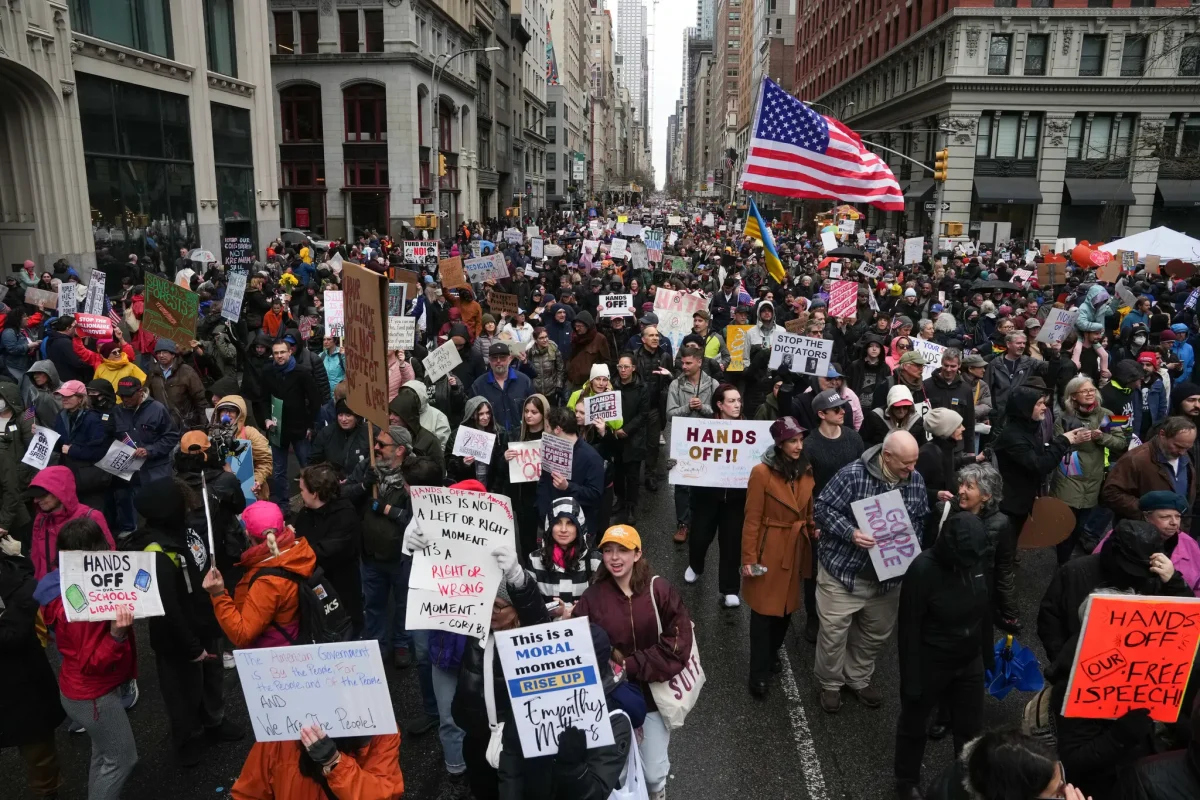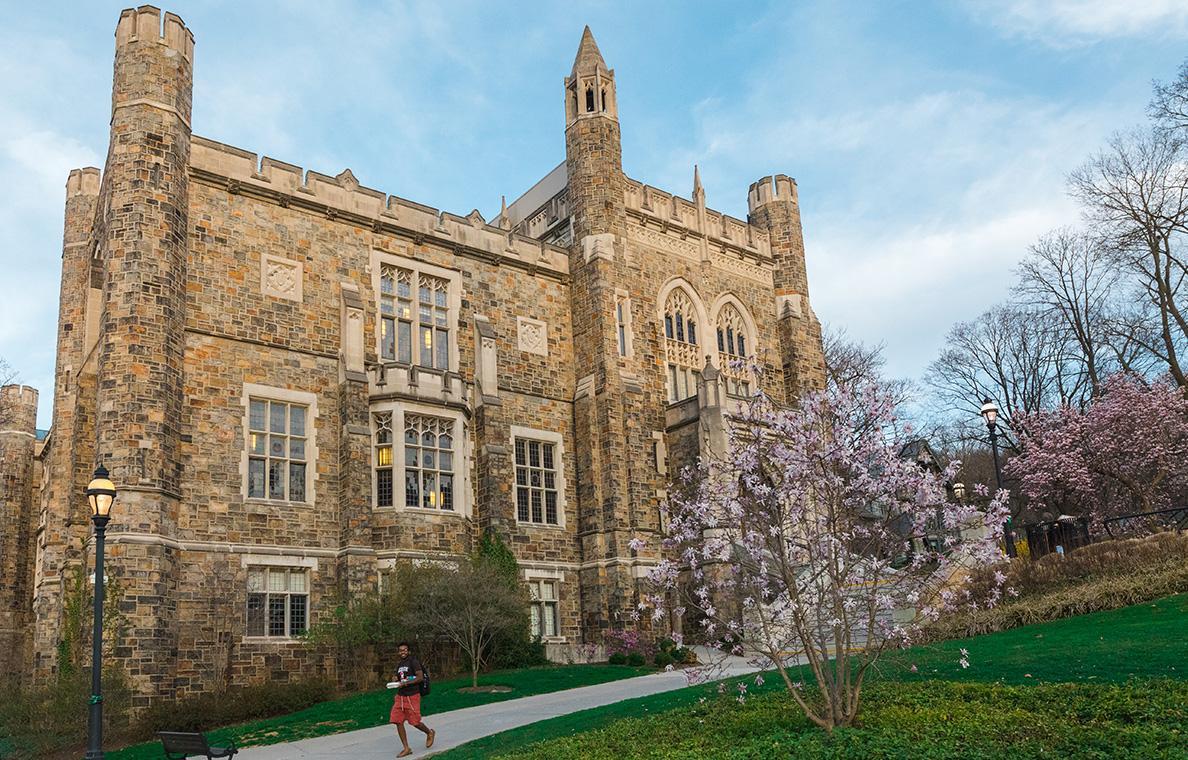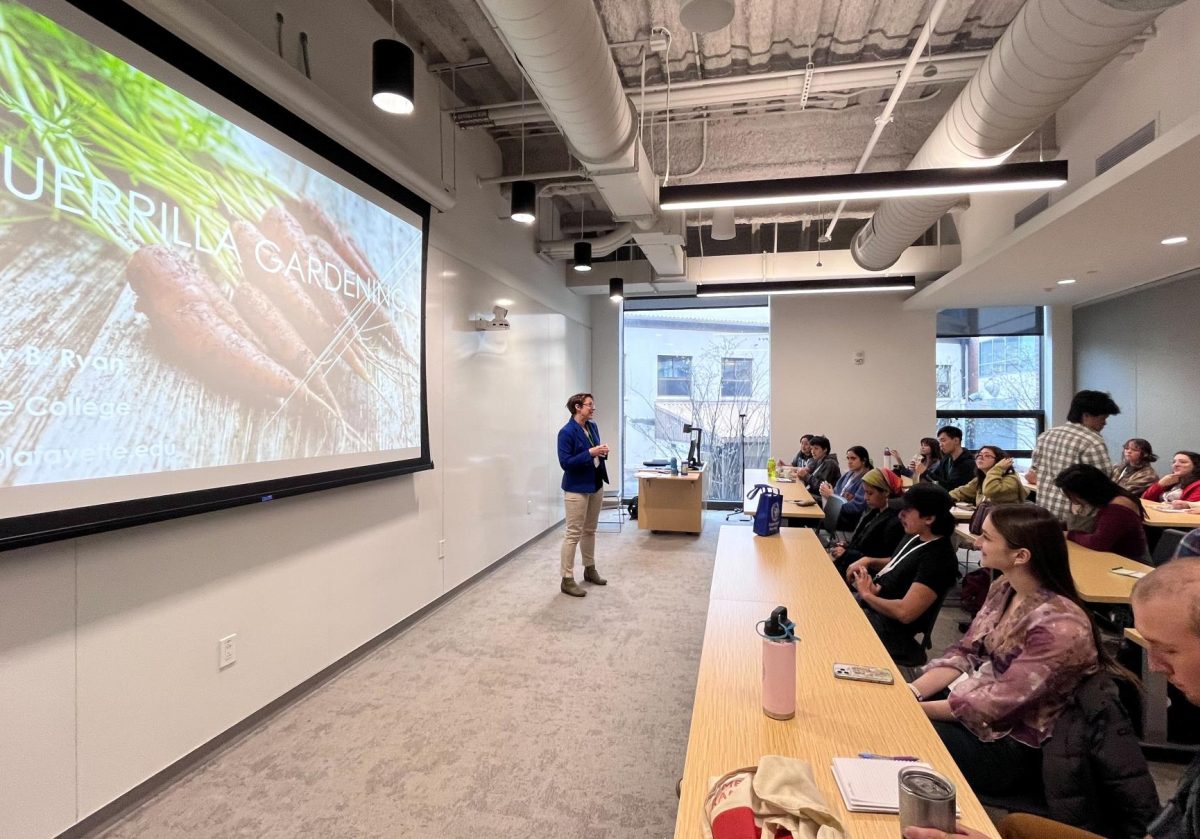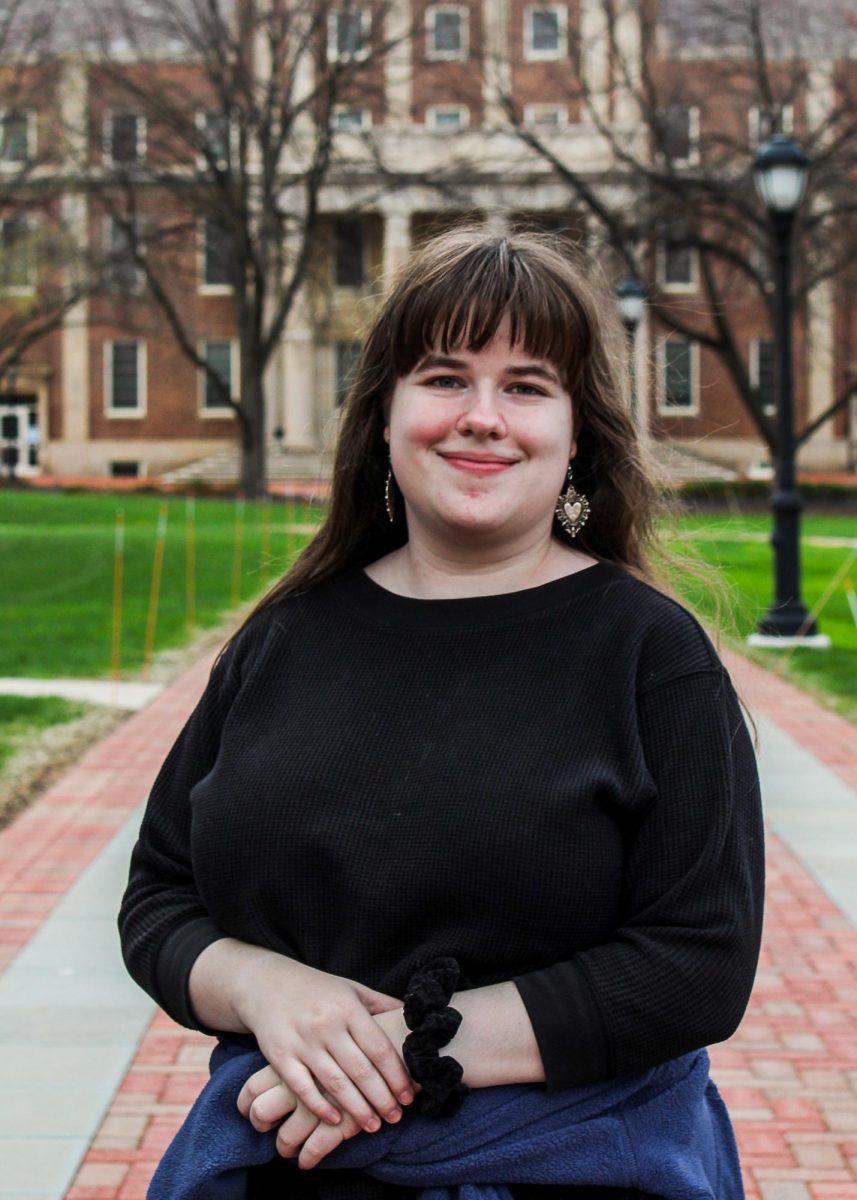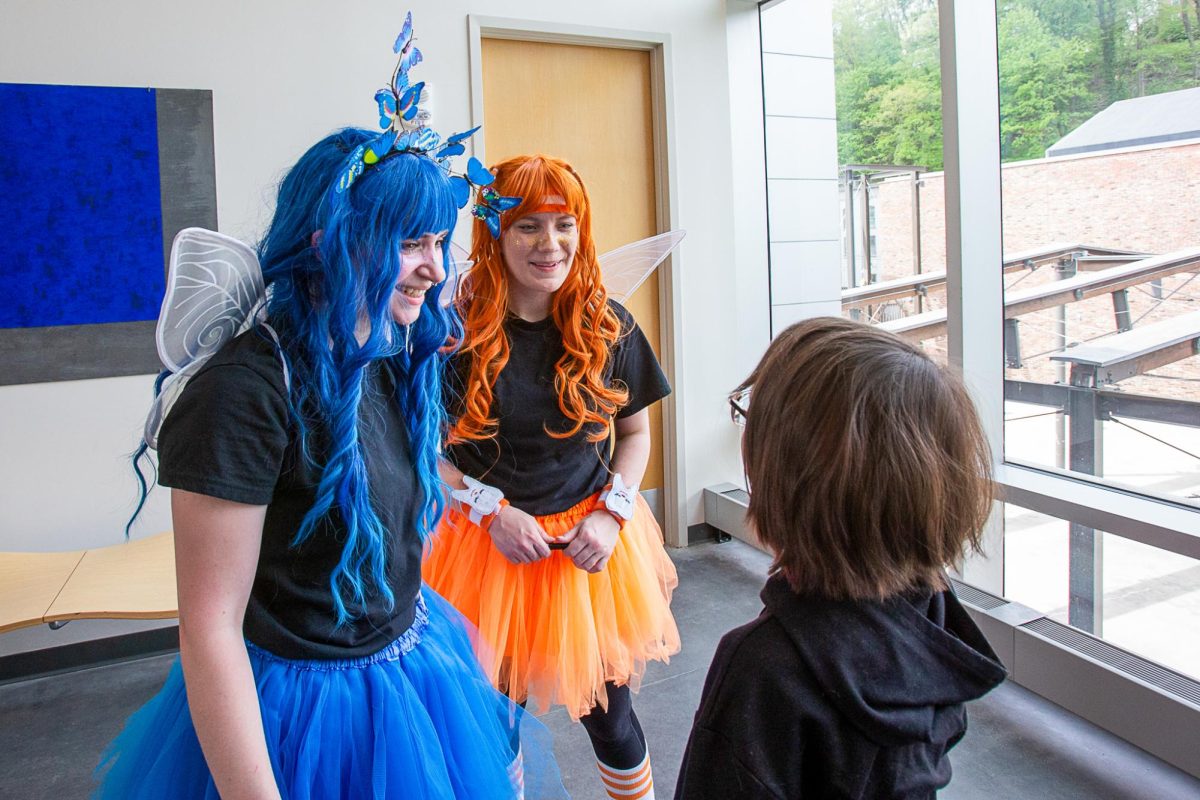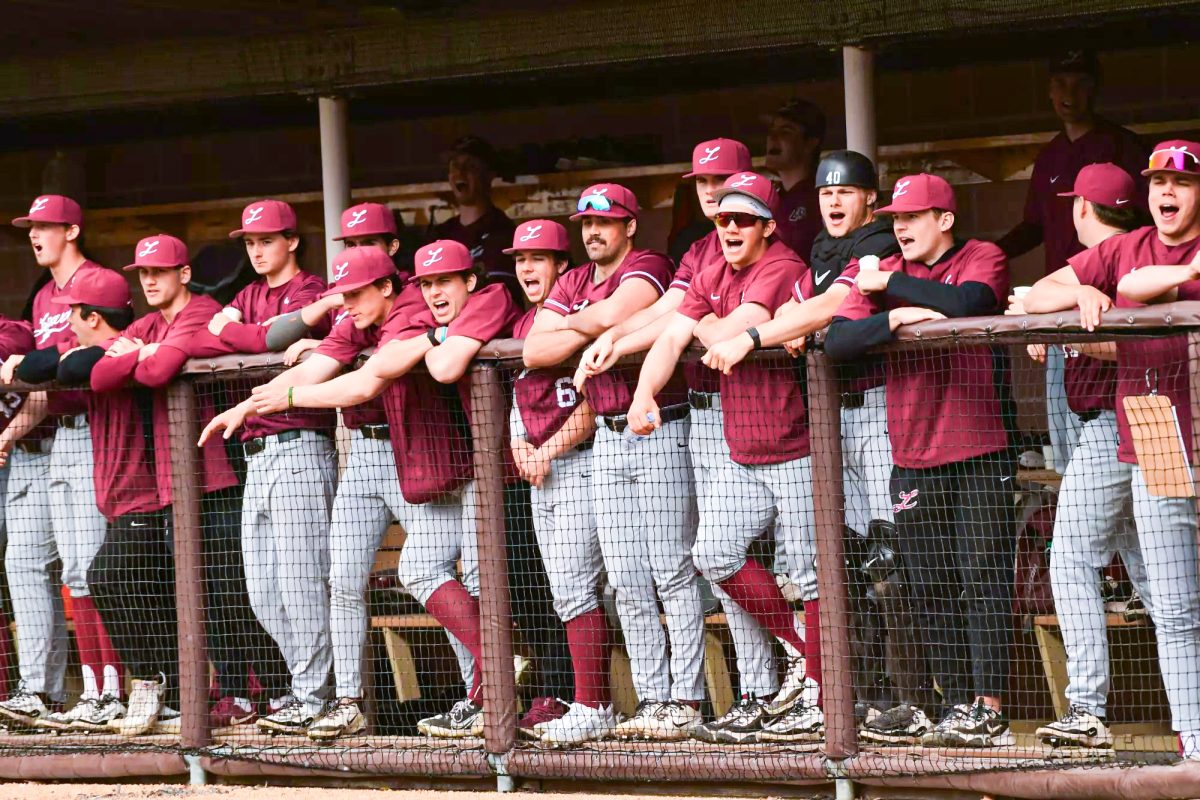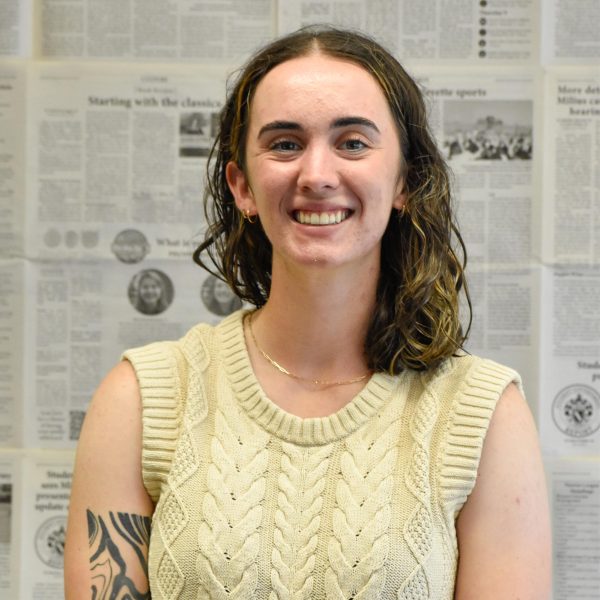Who is someone that Lafayette College athletes and professional golfers on the LPGA Tour have in common?
“Dr. Julie.”
Lafayette sports psychologist Julie Amato has been working with Lafayette athletes for 10 years. Since 2022, she has also worked with professional golfers on the LPGA Tour.
Professional athletes are “people, so they have the same issues that regular people have, but obviously what’s at stake for them is a bit different, and so that piece can create more pressure,” Amato, who founded Elite Mindset Sports Psychology, said.
Professional sports teams in the NBA and NFL are now required to employ psychologists or psychiatrists, and individual LPGA Tour players may employ a mental health professional on their staff. Amato said LPGA Commissioner Mollie Marcoux Samaan’s “player first” approach allows greater access to mental health resources for tour members. Amato was at Princeton at the same time as Samaan, who was the athletic director from 2014 to 2021.
“For those that don’t, or would wish to but it’s cost prohibitive, it’s nice that the LPGA supports it,” Amato said.
She said that her conversations with players can range from working through a slump to transitioning away from professional golf.
Amato noted that golf is very individual and routine-based, in contrast to many fast-paced, team sports, which are reaction-based, meaning that “cognitive reframing” is often crucial to a sport like golf.
“Players that I’ve seen do best in adverse conditions are the ones who kind of have learned to embrace them and accept that they can’t control certain factors in their performance,” Amato said.
According to Blake Henderson, the senior director of athlete policy and development at the LPGA Tour, Amato has gone from traveling to roughly three events in 2022 to 11 events this year, providing confidential counseling to players on Tuesdays and Wednesdays before tournaments start.
“The one thing in this space is the athletes have to trust in who they’re getting the information from,” Henderson said. “She was able to develop that kind of trust and build rapport with the athletes very quickly.”
Henderson emphasized Amato’s impact over the past three seasons, in which Amato estimated she has met with over 70 players. He also noted that the LPGA is in the process of onboarding another mental health professional for the Epson Tour, the official qualifying tour for the LPGA.
Both Henderson and Amato stressed how mentally taxing playing golf for a living can be, particularly for new players on tour.
“There’s that element of feeling lonely and being on their own out there, and that’s something they didn’t have when they were in college, or maybe even in amateur golf, to a certain extent, where they’re traveling with friends and family,” Henderson said.
Amato said her experiences in collegiate and professional settings inform each other.
“I think my job is to help athletes have a perspective that sports are amazing and fun and you care a lot about it, but it can’t be everything, and your self-worth can’t be wrapped up into it that way,” Amato said.


